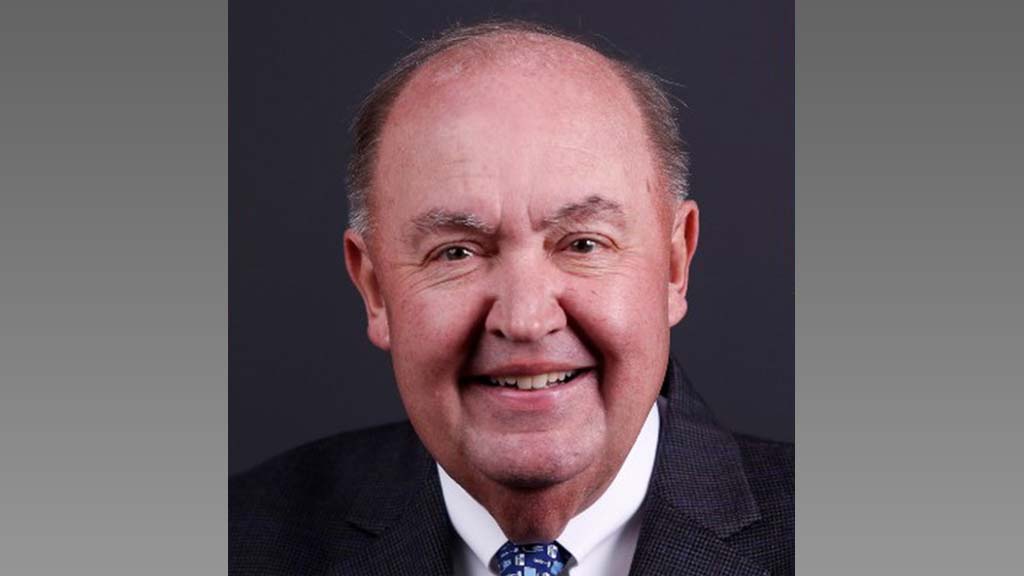Federal appeals court overturns FCC media ownership rules
The professional video industry's #1 source for news, trends and product and tech information. Sign up below.
You are now subscribed
Your newsletter sign-up was successful
The nation’s smallest broadcasters won a big victory last week when a federal appeals court stopped the FCC from enforcing its new media ownership rules.
In a 2-1 decision, the panel of the United States Court of Appeals for the Third Circuit in Philadelphia said the FCC failed to justify the rules and sent them back for reconsideration. Large broadcasting and publishing companies, which have lobbied and litigated for years in an effort to ease these rules, will not be able to expand.
The new media ownership rules would have lifted a restriction on a company owning both a newspaper and television or radio station in the same market. In the largest cities, the rules would have allowed companies to own as many as three television stations, eight radio stations and a cable operator, as well as a newspaper.
The appeals court found that the FCC had established the new rules in an arbitrary and capricious way and criticized the FCC’s formula devised to measure the diversity of media markets. “For all its efforts,” the court said, “the commission’s cross-media limits employ several irrational assumptions and inconsistencies.”
The court decision was a win for smaller broadcasters and a coalition of labor, consumer, religious, artistic and civil rights organizations, which have said that the relaxation of the media ownership rules threatened to reduce the diversity of voices on the airwaves and would lead to declining standards in television and radio programming.
Soon after the new rules were approved in June 2003 in a party-line vote, with Republican commissioners favoring and Democrats opposing relaxation, the agency was sued by small media companies and the broad consumer coalition on the ground that the new rules were too loose. Some broadcasters and news organizations also sued, arguing that the easing of the regulations did not go far enough.
The large media companies never had a chance to take advantage of the new rules. Late last summer, shortly after they were adopted, the appeals court temporarily blocked them while it considered the challenge.
The professional video industry's #1 source for news, trends and product and tech information. Sign up below.
Government sources who support the new rules told the New York Times that the FCC now has two options: redraw the rules or seek Supreme Court review of the decision by the appeals court. The appeals court precluded a third option — a review of the decision by all of its members — when it said that too many of the judges on the circuit had to disqualify them from the case. The court did not elaborate, and lawyers involved in the proceeding presumed that many of the judges had to recuse themselves because they own stock in media companies.
Neither of the two available options would be quick or easy. A new round of rulemaking at the FCC could take many months. And the decision does not present the kind of issues — like a split in decisions among different courts or a major constitutional issue — that are normally of interest to the U.S. Supreme Court.
